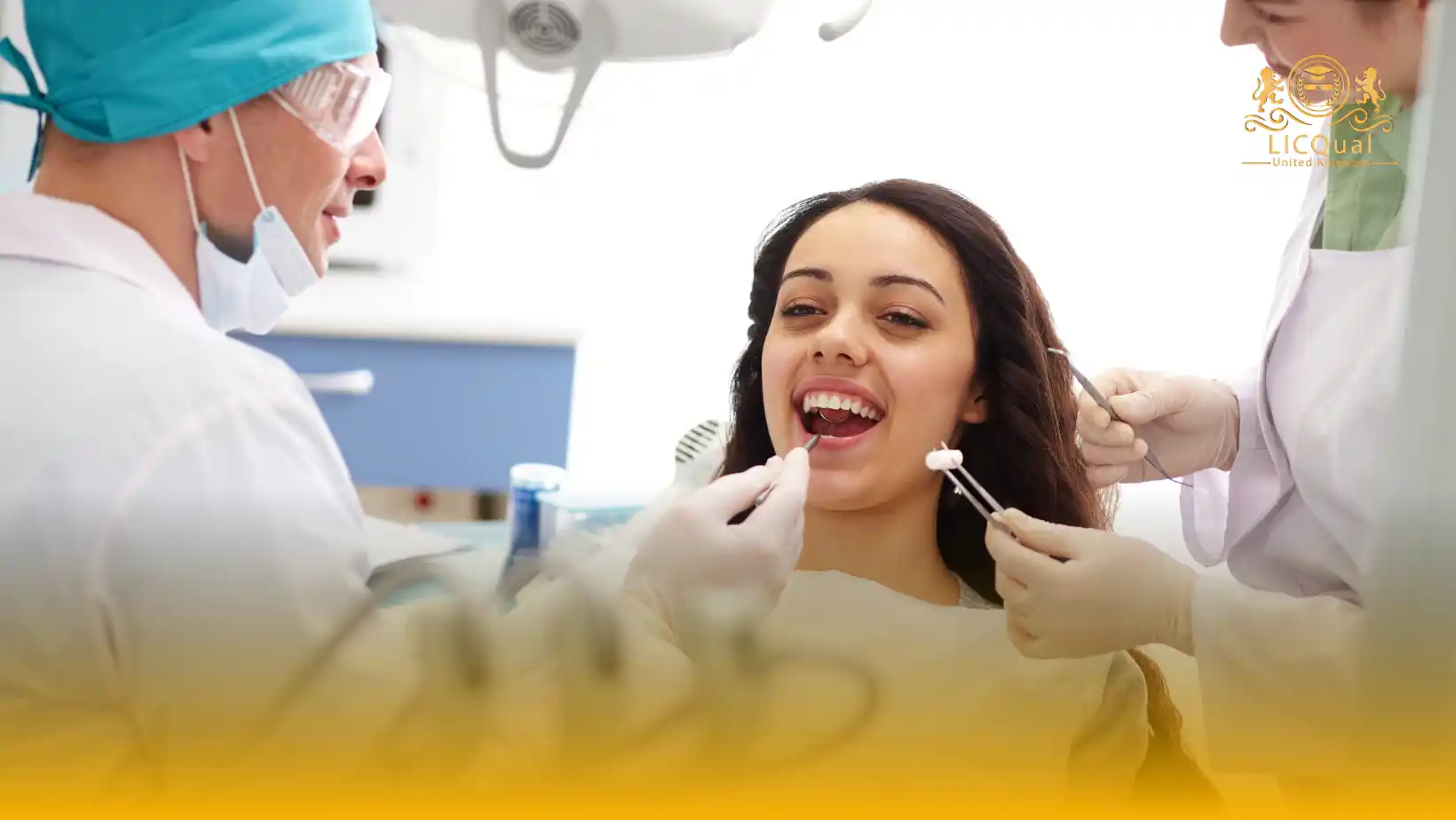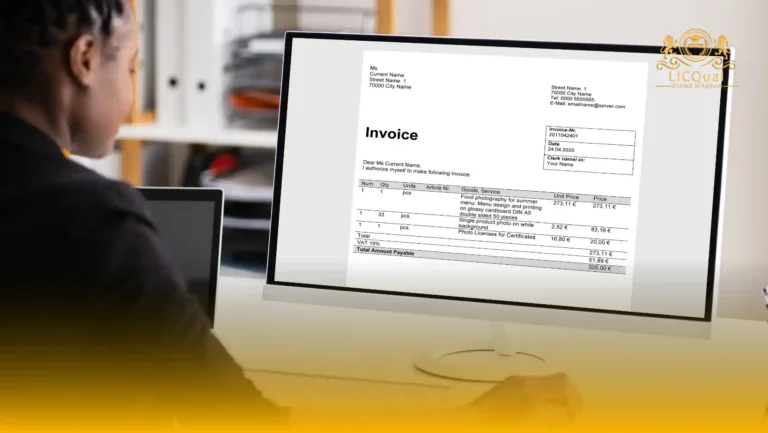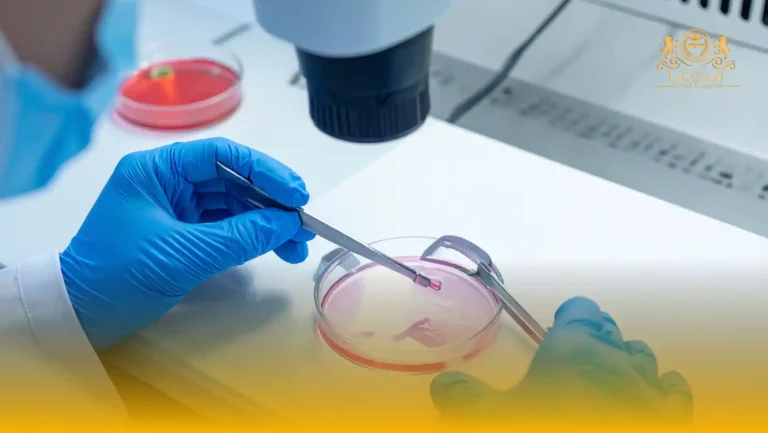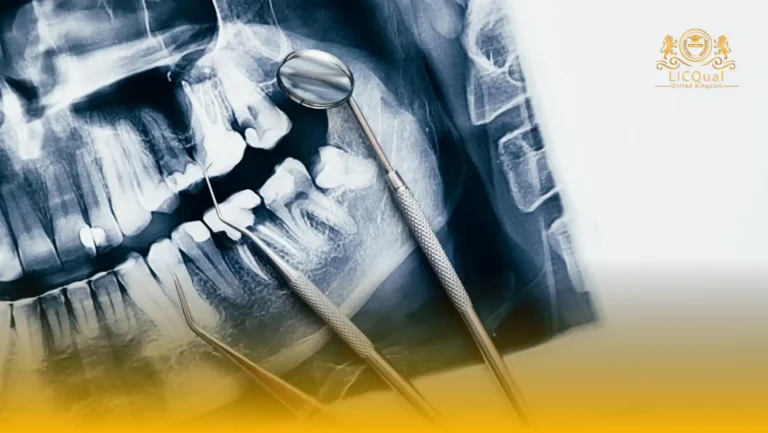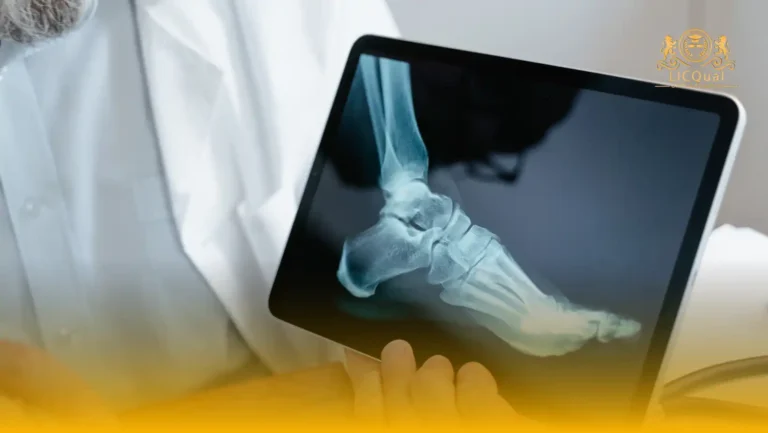The LICQual Level 3 Certificate in Oral Medicine is a specialised qualification designed for dental professionals seeking to enhance their expertise in the diagnosis and management of oral health conditions. This course is intended for learners with prior knowledge and clinical experience, not for beginners, making it ideal for those aiming to expand their professional skills and improve career prospects within dental care.
Through a comprehensive curriculum, learners will develop an in-depth understanding of oral diseases, patient assessment, treatment planning, and the management of complex cases. The qualification supports ongoing Continuing Professional Development (CPD) by equipping learners with up-to-date knowledge and practical skills that align with current clinical standards and best practices.
Centres offering the LICQual Level 3 Certificate in Oral Medicine must ensure high standards of education by employing competent and qualified staff with relevant clinical expertise. Additionally, they must provide all necessary resources, including up-to-date materials, clinical facilities, and assessment tools, to foster an effective and supportive learning environment. This commitment guarantees learners receive the quality training essential for success in their professional roles.
Ideal for dental nurses, hygienists, and other allied dental professionals, this course provides a valuable opportunity to advance clinical knowledge, enhance patient care, and strengthen professional credentials in oral medicine.
Course Overview
Qualification Title
LICQual Level 3 Certificate in Oral Medicine
Total Units
6
Total Credits
24
GLH
120
Qualification #
LICQ2200643
Qualification Specification
To enroll in the LICQual Level 3 Certificate in Oral Medicine, applicants must meet the following criteria:
|
Qualification# |
Unit Title |
Credits |
GLH |
|---|---|---|---|
|
LICQ2200643-1 |
Introduction to Oral Medicine |
4 |
20 |
|
LICQ2200643-2 |
Oral Anatomy and Physiology |
4 |
20 |
|
LICQ2200643-3 |
Common Oral Diseases and Conditions |
4 |
20 |
|
LICQ2200643-4 |
Diagnostic Techniques in Oral Medicine |
4 |
20 |
|
LICQ2200643-5 |
Treatment Planning and Management |
4 |
20 |
|
LICQ2200643-6 |
Patient Communication and Care |
4 |
20 |
By the end of this course, learners will be able to:
Unit 1: Introduction to Oral Medicine
- Understand the scope and significance of oral medicine within dental practice.
- Explain the role of oral medicine professionals in multidisciplinary dental teams.
- Recognise key concepts and terminology related to oral medicine.
Unit 2: Oral Anatomy and Physiology
- Identify relevant oral and maxillofacial anatomical structures.
- Understand physiological processes affecting oral health.
- Relate anatomy and physiology knowledge to oral medicine practice.
Unit 3: Common Oral Diseases and Conditions
- Recognise signs and symptoms of common oral diseases and disorders.
- Understand the causes and risk factors associated with oral health conditions.
- Describe the impact of oral diseases on overall patient health.
Unit 4: Diagnostic Techniques in Oral Medicine
- Demonstrate knowledge of diagnostic tools and procedures used in oral medicine.
- Apply appropriate assessment methods to identify oral health issues.
- Interpret diagnostic information to support treatment planning.
Unit 5: Treatment Planning and Management
- Develop effective treatment plans for managing oral diseases and conditions.
- Understand the principles of therapeutic interventions in oral medicine.
- Recognise the importance of multidisciplinary collaboration in patient care.
Unit 6: Patient Communication and Care
- Demonstrate effective communication skills tailored to oral medicine patients.
- Provide patient education and support to enhance treatment adherence.
- Maintain accurate and confidential patient records in accordance with best practice.
The LICQual Level 3 Certificate in Oral Medicine is designed for dental and healthcare professionals who are eager to expand their expertise in diagnosing, managing, and preventing oral diseases. This course is ideal for practitioners who want to enhance patient care through a deeper understanding of oral pathology, systemic links, and evidence-based clinical practices. Whether you are beginning your journey in oral medicine or looking to strengthen your clinical portfolio, this internationally recognized program equips you with the skills to excel.
1. General Dentists and Dental Practitioners
- Perfect for dentists aiming to specialize in oral medicine and diagnosis.
- Enhances understanding of oral mucosal and systemic diseases.
- Builds expertise in differential diagnosis and treatment planning.
- Strengthens ability to identify oral manifestations of systemic disorders.
- Provides a globally recognized qualification to boost career growth.
2. Dental Hygienists and Therapists
- Ideal for hygienists wanting to expand their role in oral disease prevention.
- Equips learners with advanced knowledge of oral lesions and infections.
- Improves patient communication and clinical assessment skills.
- Supports safe and effective management of oral conditions.
- Expands professional opportunities in preventive and clinical care.
3. Dental Specialists and Consultants
- Suitable for oral pathologists, prosthodontists, and oral surgeons.
- Helps integrate oral medicine principles into specialized practice.
- Deepens understanding of multidisciplinary patient management.
- Enhances diagnostic precision through clinical and radiographic correlation.
- Strengthens leadership in complex case evaluation and oral health research.
4. Medical Doctors and Healthcare Professionals
- Valuable for physicians involved in systemic and oral health connections.
- Offers insights into identifying oral symptoms of systemic diseases.
- Encourages interdisciplinary collaboration for holistic patient care.
- Improves ability to refer and manage patients with oral manifestations.
- Adds a recognized dental-medical qualification to professional credentials.
5. Dental Educators and Academic Professionals
- Designed for educators developing oral medicine curricula.
- Updates knowledge with current global research and clinical trends.
- Provides resources for teaching oral pathology and diagnostic science.
- Strengthens expertise in mentoring dental students and practitioners.
- Promotes integration of oral medicine concepts into dental education.
6. International Dental Graduates
- Ideal for professionals seeking recognition in global dental practice.
- Aligns with international oral medicine and diagnostic standards.
- Improves eligibility for higher-level dental or postgraduate programs.
- Builds a competitive portfolio for career advancement abroad.
- Demonstrates commitment to continuous learning and clinical excellence.
7. Career-Focused Dental Professionals
- Perfect for individuals aiming to expand clinical scope and income potential.
- Opens doors to roles in specialized dental centers and hospitals.
- Strengthens diagnostic credibility and patient trust.
- Builds a foundation for future studies in oral pathology or oral surgery.
- Empowers learners with lifelong clinical and diagnostic skills.
To deliver the LICQual Level 3 Certificate in Oral Medicine effectively, centres must meet the following requirements to ensure high-quality training and learner success:
- Qualified and Experienced Tutors: Centres must employ dental professionals with recognised qualifications and practical expertise in oral medicine to provide expert tuition and supervision.
- Adequate Clinical Facilities: Access to well-equipped clinical environments where learners can observe and practice oral medicine procedures under supervision is essential.
- Comprehensive Learning Resources: Centres should provide up-to-date textbooks, digital content, and practical aids relevant to oral medicine.
- Health and Safety Compliance: Centres must adhere to health and safety regulations and ensure a safe learning environment for learners and patients.
- Robust Assessment and Quality Assurance: Implementation of assessment procedures aligned with LICQual standards and internal quality assurance systems is required.
- Administrative Support: Efficient systems for learner registration, progress tracking, and certification issuance must be in place.
- Access to Supervised Clinical Practice: Centres should facilitate practical experience opportunities for learners under qualified supervision.
Meeting these requirements ensures centres provide professional, safe, and effective training in oral medicine.
Assessment and Verification
All units within this qualification are subject to internal assessment by the approved centre and external verification by LICQual. The qualification follows a criterion-referenced assessment approach, ensuring that learners meet all specified learning outcomes.
To achieve a ‘Pass’ in any unit, learners must provide valid, sufficient, and authentic evidence demonstrating their attainment of all learning outcomes and compliance with the prescribed assessment criteria. The Assessor is responsible for evaluating the evidence and determining whether the learner has successfully met the required standards.
Assessors must maintain a clear and comprehensive audit trail, documenting the basis for their assessment decisions to ensure transparency, consistency, and compliance with quality assurance requirements.

